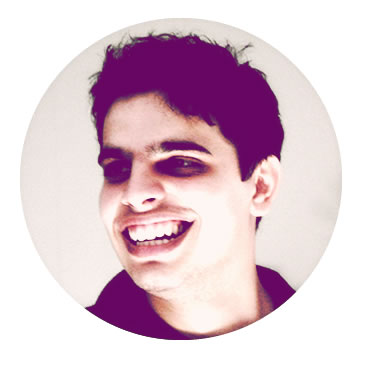V for Vendetta is a cultural phenomenon. The face-mask is one of the most recognized drawings on the planet, the character, and his adapted signature the best symbols for fighting oppression of any kind. V for Vendetta is also a book. That started it all. And while I watched the movie & have a few masks on the walls of my house, I never read the damn thing, although I had a copy lying around for more than a decade. That all changed this weekend when I read it all in one sitting.
I am not gonna go and spoil the story. But highlight some ideas that I keep thinking about since I finished it.
Happiness is a prison
Evey, one of the main characters, had a tragic life by the time she turned 16. Her mom died, dad was killed in a concentration camp, she had to work in a factory as a kid and saw prostitution as her only way out of starvation. V comes in and takes her under his wing. But she never embraced him. At some point, she finds herself an older man, but he too is brutally killed.
To make matters worse she is captured by the fascist secret police and tortured for a long period of time. She was turned into a ghost of her former self before being offered a deal: sign a letter of denunciation of V or get shot. She refuses to sign and at that same moment lights turn on and it is revealed that all was a fake. The inquisitors were not real and all the ordeal was staged by V himself.
When Evey explodes in anger, V calmly points out that her desire for a normal life is the problem. She always wanted to do the right thing, not take a stance ... she just wanted to be happy. "But happiness is your prison" V says:
The book makes a very big philosophical statement. Happiness is a mirage. A drug. Happiness does not exist. Only pain does. Happiness is a mental construct. A self-defense mechanism. Pain on the other hand is the only true element in existence.
If only pain is real, why hide from it? Why create happiness to hide away from pain? Why imprison ourselves?
V points out that only when Evey embraces reality, however painful it is, she can become free. She does and the scene ends in the rain, which performs a symbolic baptism.
While Evey embraces freedom, Finch, the policeman who kills V at the end, does not. All Finch wanted was to be happy. He cared for his family, he didn’t questioned the motives of his fascist colleagues. He only joined the Fascist party to have a normal life. But happiness imprisoned his soul. In an act of great irony, he takes LSD to see the truth. His hallucination revealed the brutal truth that his quest for happiness tried to hide him from.
Jungian Visual Style
Stylistically the book is the opposite of what the superhero genre got us used to. It lacks any visual details. Only the shadows are penned in black and mudded watercolours provide a gloomy atmosphere. If Karl Jung were to make a comic book it would be just like this.
The drawings depict ideas, archetypes and David Lloyd, the illustrator, seems to be aware that visual fidelity would only dilute the message rather than increase it. That's the reason why the people who read the novel were disappointed by the movie. By its very nature, a movie would weaken the message with all the additional detail.
I am quite happy I finally read the book. I highly recommend you pick it up even if you feel like you know the plot and the characters.


